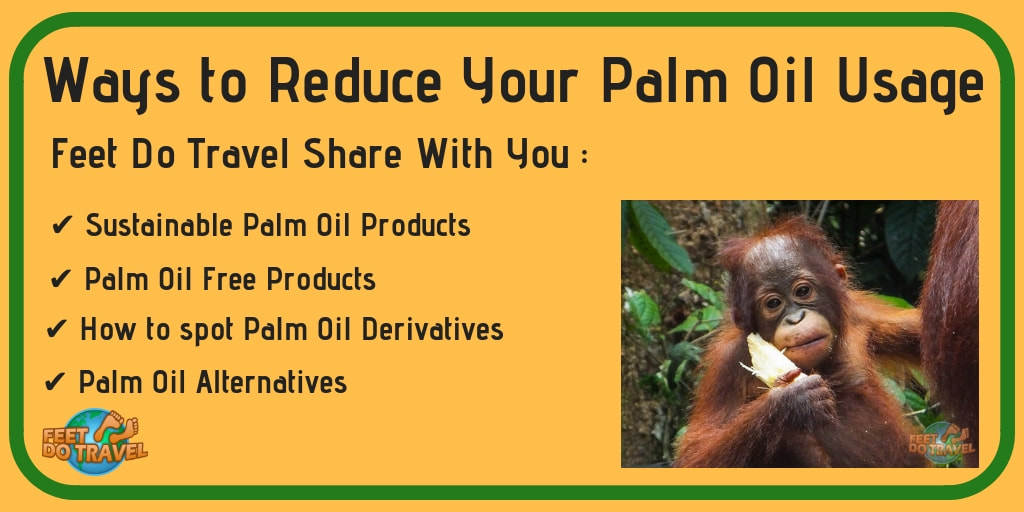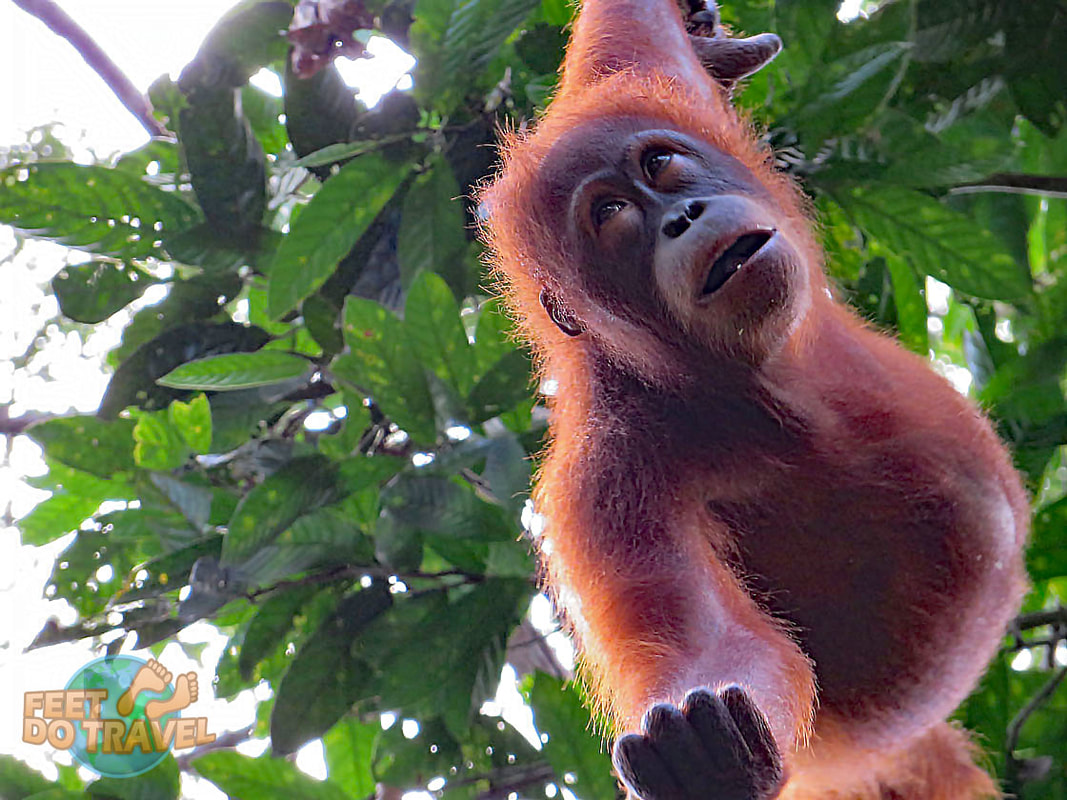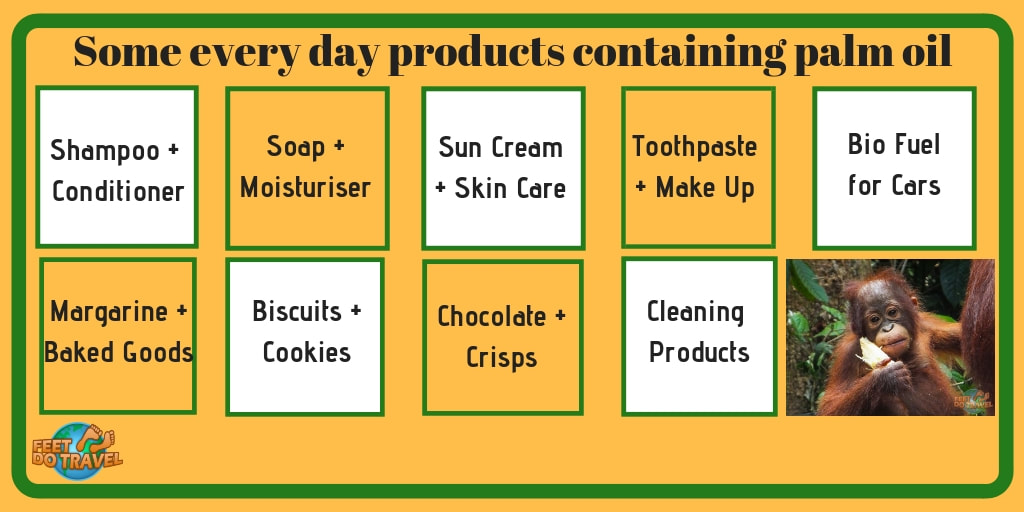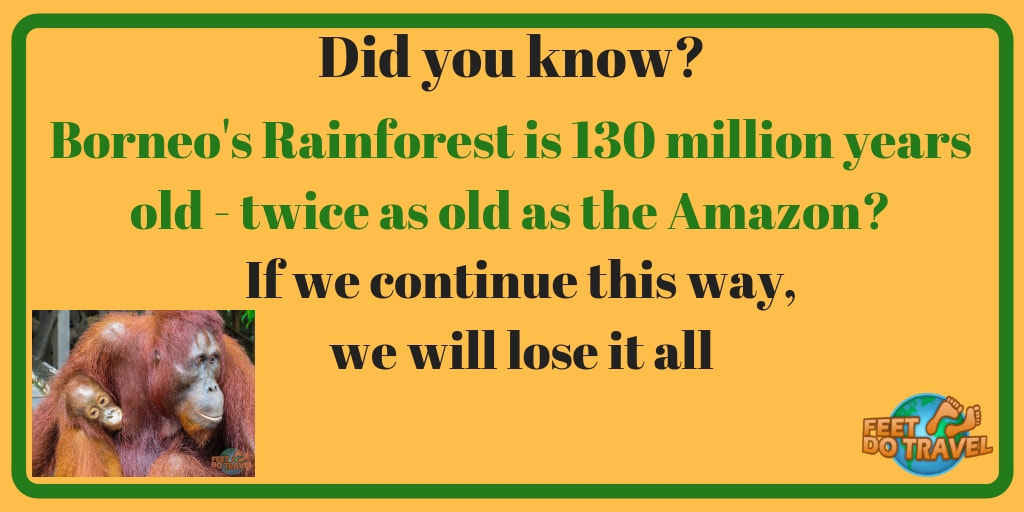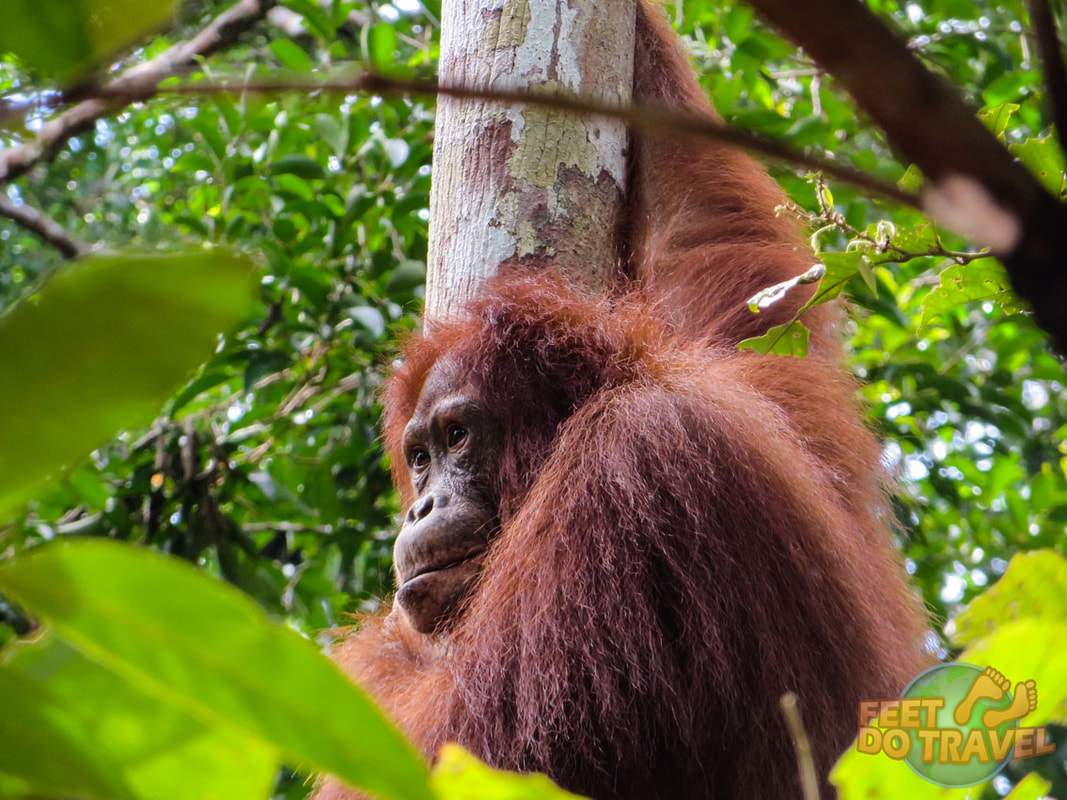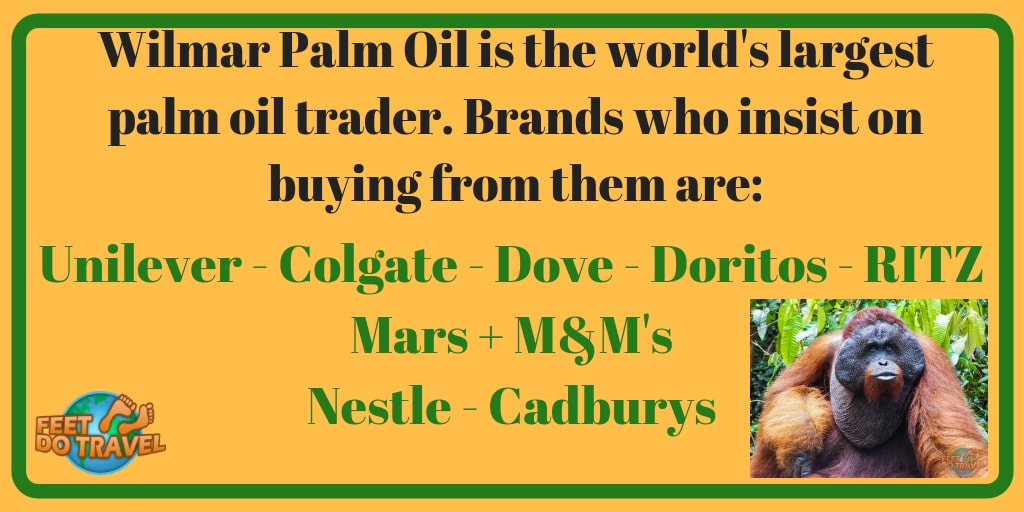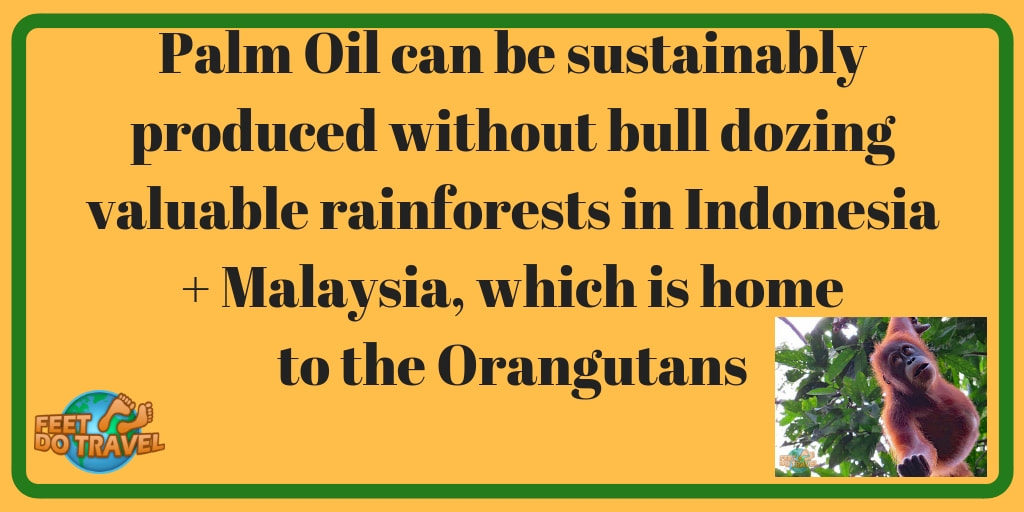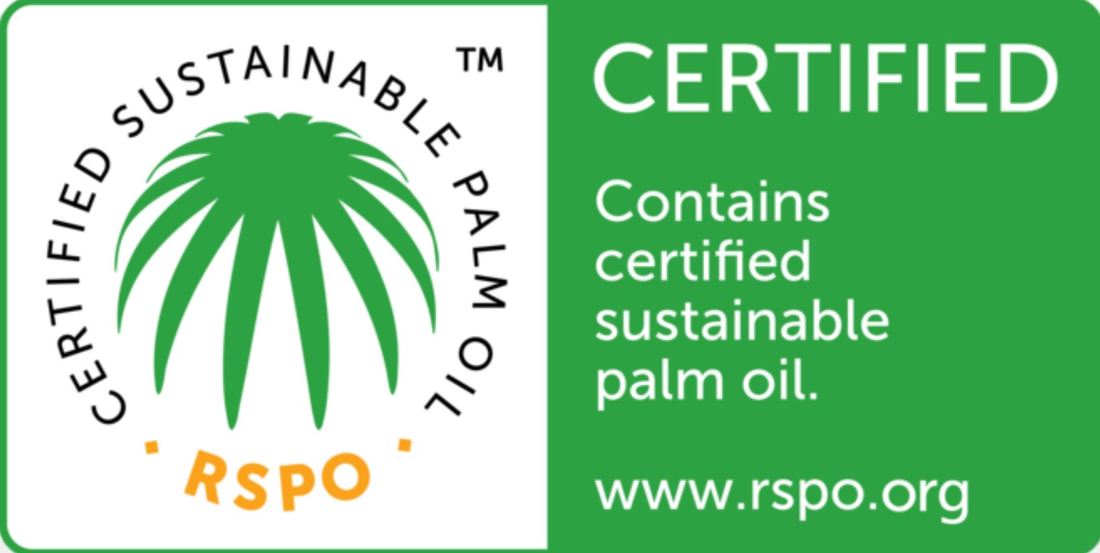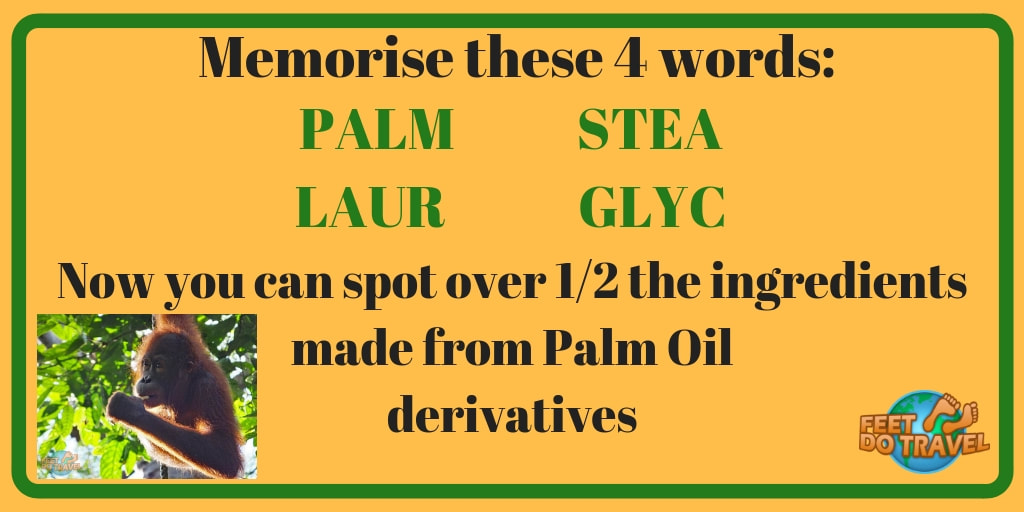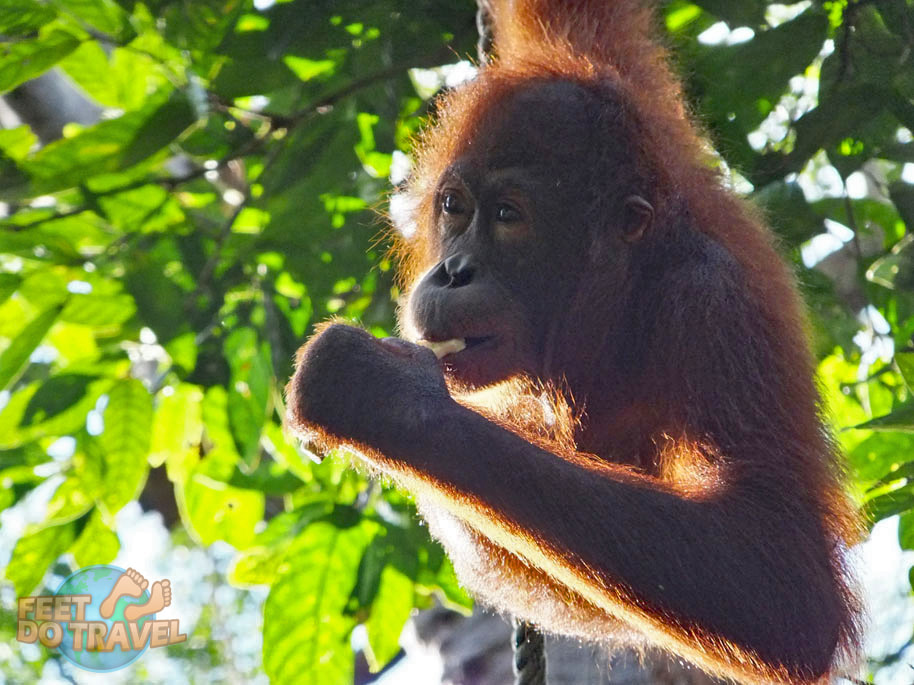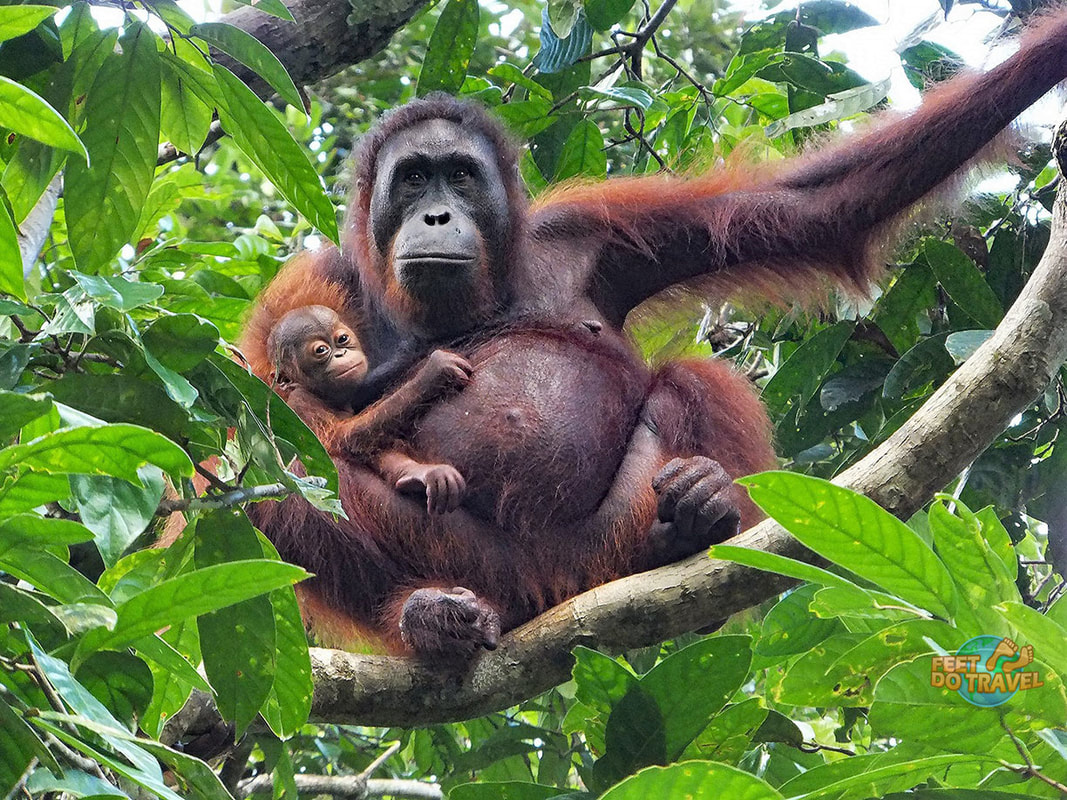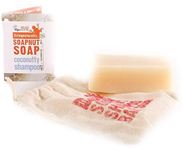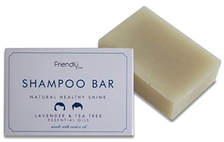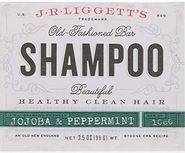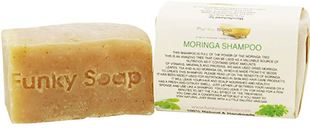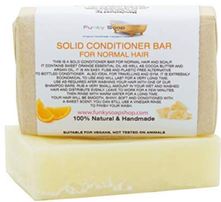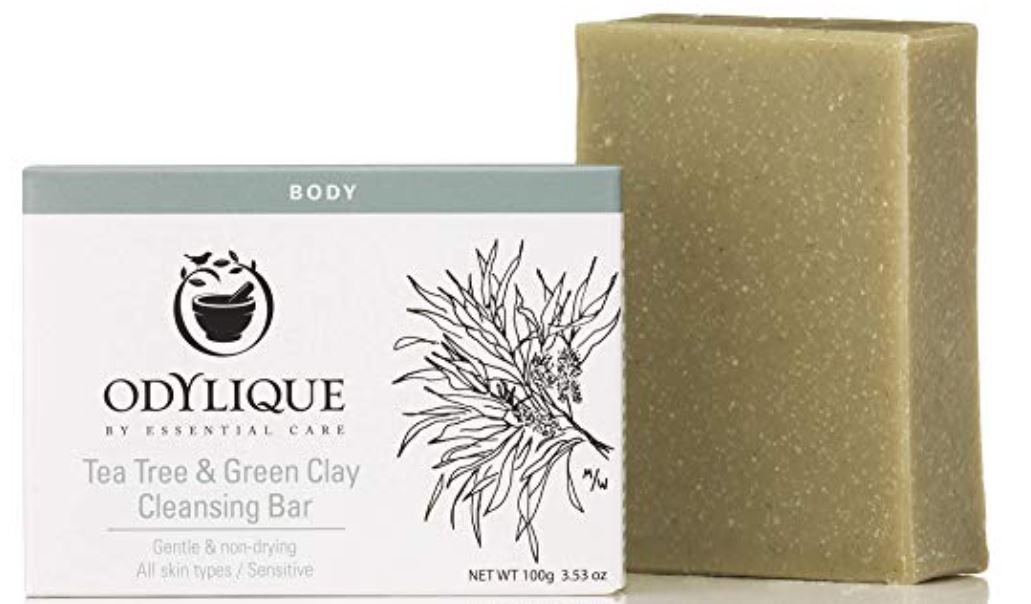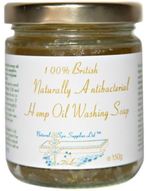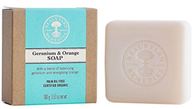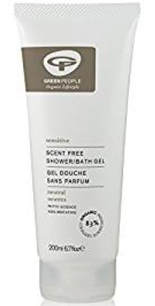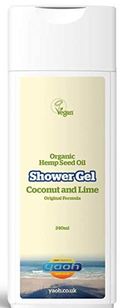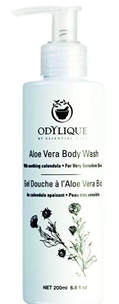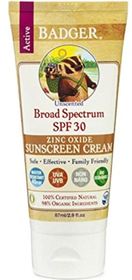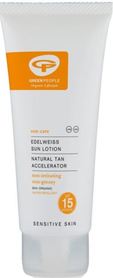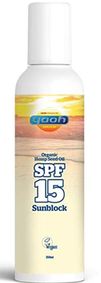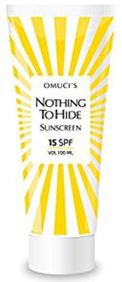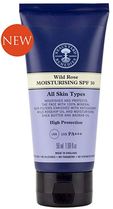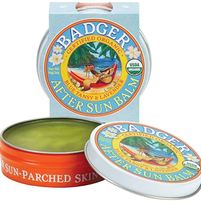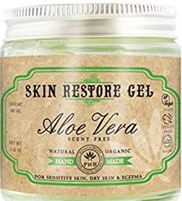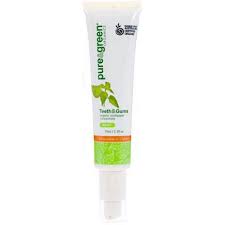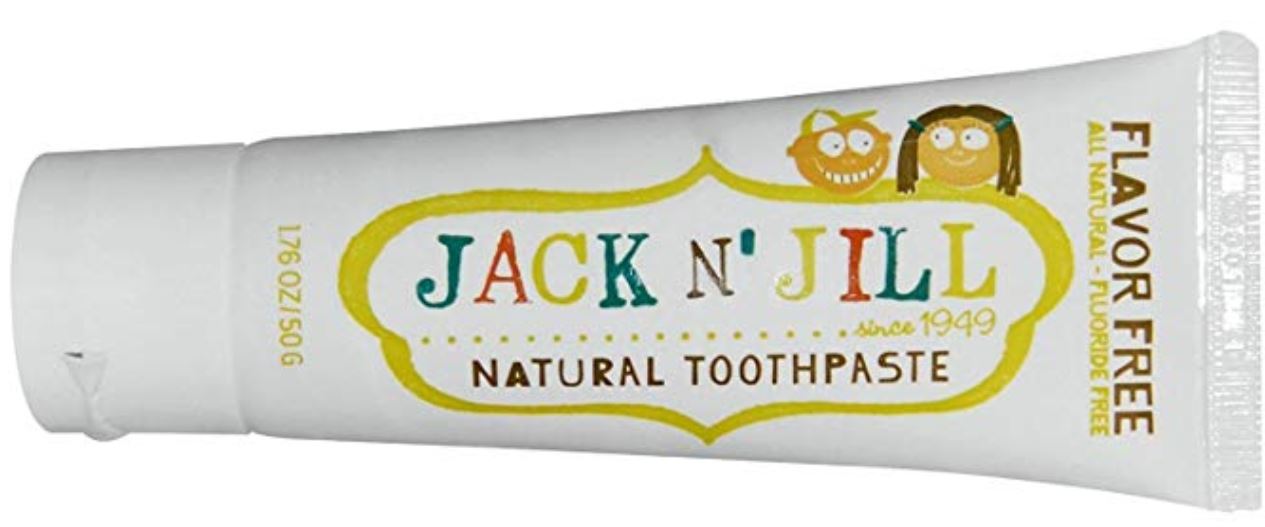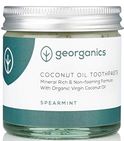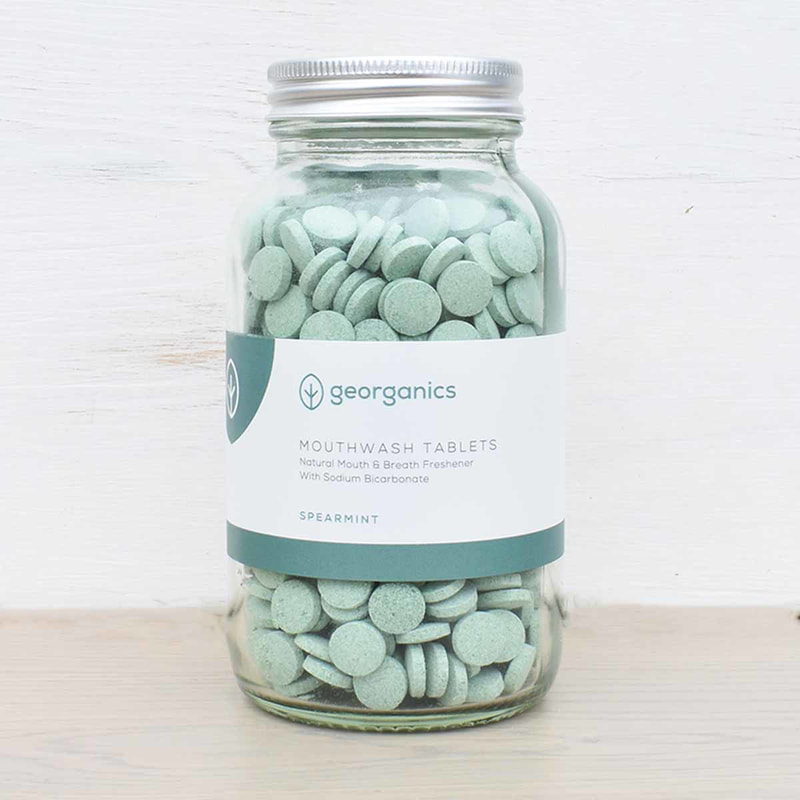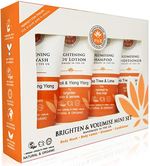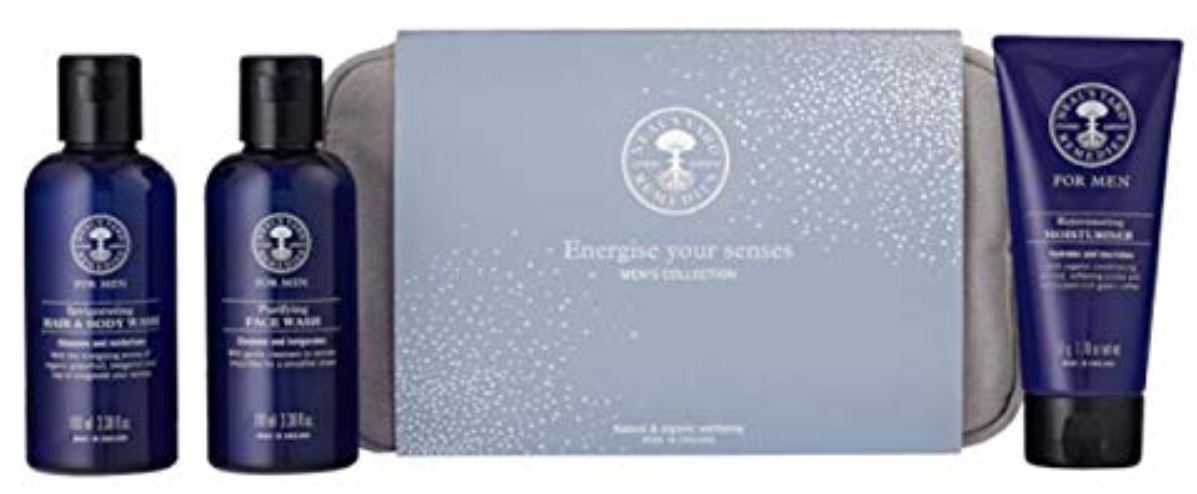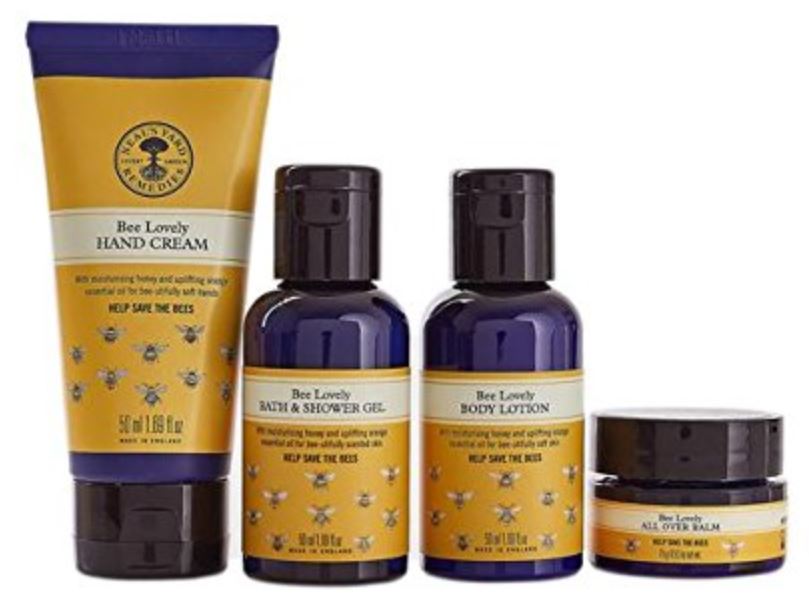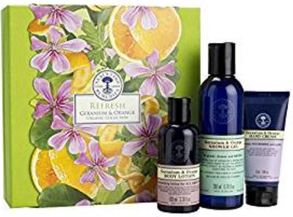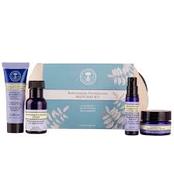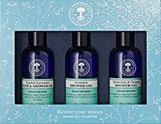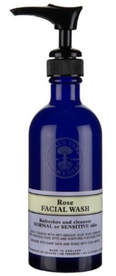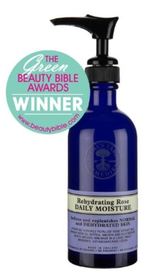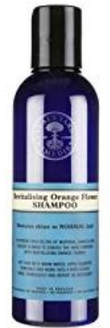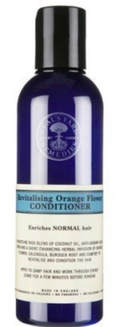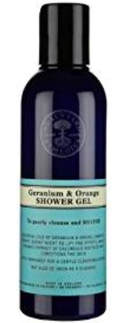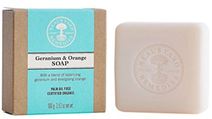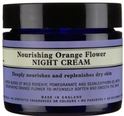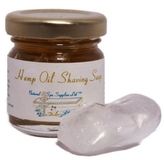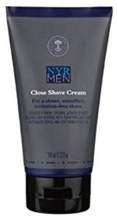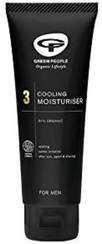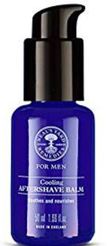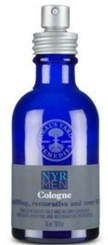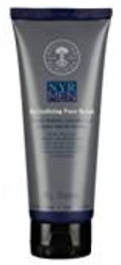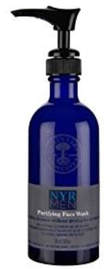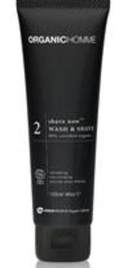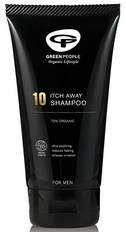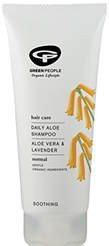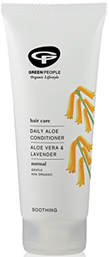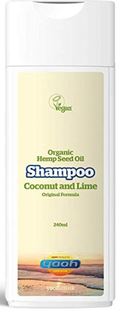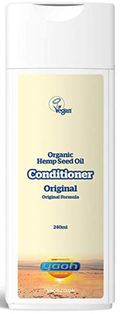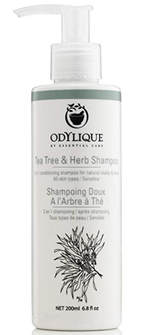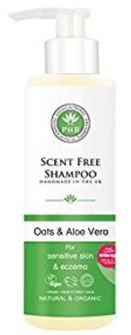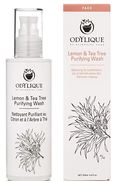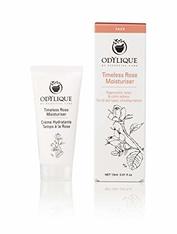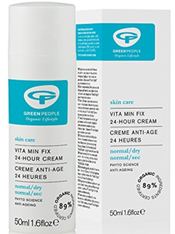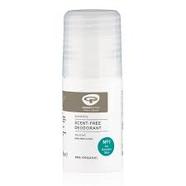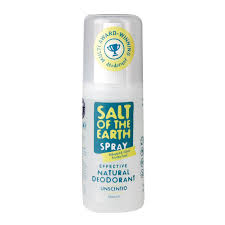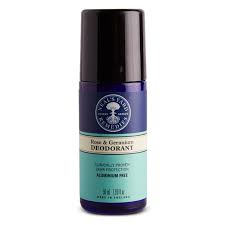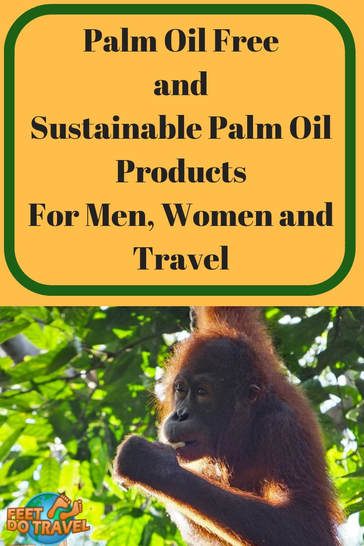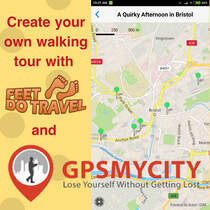Palm Oil is the new plastic. It’s a secret killer.
The Palm oil industry is contributing to the extinction of the Sumatran Tiger, Sumatran Rhino and Sumatran Elephant who are all in critical danger. If we don’t act now, these beautiful creatures could be extinct because of us.
Deforestation of Borneo’s rainforests is also escalating climate change. As humans we need trees for a healthy planet.
Palm Oil is in 50% of the products on our supermarket shelves, and in 50% of the green biodiesel in our cars. Not so “green” after all. In some parts of the world, there are no alternatives to buying products that contain palm oil. Palm oil is the most widely used vegetable oil in the world.
Yes the orang-utans are losing their habitat and have been annihilated, but it doesn’t have to be that way. It’s not palm oil that is killing the Orangutans, it’s the unsustainable methods used.
So what can we do about it? Why don’t we stop using palm oil completely? Are there sustainable methods? The keywords to remember here are sustainable palm oil, simply boycotting or cutting out palm oil completely causes other issues.
If you care about the Orangutans, if you want to be someone who makes a difference, we explain the various ways in which you can. Feet Do Travel show you palm oil free and sustainable palm oil products for men, women and for when you travel.
Orangutans only live in Indonesia and Malaysia, both of which are part of the island Borneo, Brunei makes up the third country. According to the organisation Say No To Palm Oil, 85% of the world’s palm oil comes from two countries; Indonesia which has been the world’s largest producer of palm oil since 2007, and Malaysia which is the world’s largest distributor. There are 42 other countries across four continents which can and do produce palm oil in a sustainable way.
Now you see the problem! 85% of the world’s palm oil comes from the home of the Orangutan.
There are frightening statistics:
- 90% of the Orangutans’ habitat has been destroyed to make way for palm oil plantations
- 25 Orangutans are killed every day
- 50% of Orangutans have been killed in the past 10 years because of palm oil plantations
- One third of all mammal species are now critically endangered in Indonesia alone
- 27 million hectares of Palm Oil plantations are said to already cover the globe
- 70,000 hectares have been destroyed by Cadbury’s parent company Mondelez since 2016
- Up to 300 football field sized areas are cleared EVERY HOUR (according to WWF)
Sometimes Orangutans are still in trees when they are chopped down and either die on impact, or are clubbed to death by palm oil workers. When trees are cut the Orangutans no longer have a home so enter villages and oil plantations searching for food. Farmers capture and kill the Orang-utans as they are considered pests.
We have visited Brunei and goodness me, you should see their primary rainforest, it’s amazing! The Sultan has protected the virgin rainforest and it's thick and thriving, showing how the rainforest could be. We have also had the privilege of seeing Orangutans in the wild, observing their behaviour and similarities to humans. It is said that if humans have a soul, then Orangutans do as well.
Palm Oil is a vegetable oil found in your every-day products on your supermarket shelves. It comes from the fruit of the African oil palm tree which are native to West Africa, where it has been an agricultural crop for centuries. It was introduced to South East Asia over 100 years ago for candles and as a lubricant for machinery. Palm Oil is popular because:
- It needs less than half the land required by other crops to produce the same amount of oil. One acre can grow as many as 55 palms, one hectare grows 135 palms
- It only takes 4 years for oil palms to produce fruits suitable for harvest. They will continue to produce fruit for up to 30 years and grow as tall as 40 feet
- It’s the least expensive vegetable oil in the world and yields the highest vegetable crop
- It has no smell but a smooth and creamy texture
- With a high melting point, it stays solid at room temperature keeping spreads spreadable (which is why it’s used in margarine)
- It has a natural preservative extending the shelf life of products
Palm Oil itself isn’t bad if it is sustainably resourced, however as mentioned, 85% of the world’s palm oil plantations come from just two countries – Indonesia & Malaysia. This is simply not sustainable and we are in danger of losing one of the world’s oldest rainforests. Clearing rainforests also creates greenhouse gas emissions as huge amounts of carbon dioxide are released into our atmosphere, contributing to climate change.
The problem lay in the production of palm oil, where and how its grown. To make way for palm oil plantations, primary rainforest areas are cleared by bulldozers and the ground is burnt. Between 1962-1982, Malaysian Borneo rose to become the world’s largest producer, exporting 2,400,000 tonnes annually. The production of palm oil was elevated in the 1970’s when the Indonesian Government began investing in the industry. It bulldozed several million hectares of its primary rainforest to make way for palm oil plantations. South East Asia now produces over 60,000,000 tonnes a year. Palm oil is an extremely lucrative business for both the palm oil companies, and the government.
It’s within these rainforests that endangered animals such as the Orangutan, Sumatran Tigers, Sumatran Elephants and Sumatran Rhinos live. Rainforests do not have to be cleared for palm oil plantations.
A primary rainforest means a forest untouched by man. By bulldozing these valuable trees the consequences are:
- Animals such as Orangutans lose their habitats
- Loss of a huge range of biodiversity
- Huge amounts of carbon dioxide are released into the air contributing to climate change
- Loss of cultural heritage including natural medicines
- Local people lose their homes, food and crops (in 2011, Wilmar cleared 40,000 hectares of land for palm oil plantations, bulldozing an entire village of 40 homes)
- Fires lit to clear the deforested tree area create air pollution problems including respiratory issues, eye and skin ailments
- Severe damage to landscapes have been linked to land erosion and river pollution
The way forward isn’t to stop using palm oil completely, but to use sustainably sourced palm oil. If we cut out palm oil completely it causes another huge issue. Palm oil trees produce up to 10 times more oil than other crops like soybean or coconut oil, meaning larger amounts of land would need to be used. More land would only move the problem to other parts of the world resulting in even more environmental damage.
Stopping production of palm oil completely would also mean families who rely on the industry would be without work. It’s estimated that 4.5 million people work within the palm oil industry in Indonesia and Malaysia so to stop it completely would have a disastrous effect on poverty, and this leads to other issues.
Many consumer giants insist on buying from Wilmar Palm Oil who, according to Greenpeace are “the dirtiest palm oil giant in the world”. Despite promises to end deforestation by 2020, Greenpeace found evidence of deforestation, forest fires and illegal clearance. To verify all I am saying, check out their short clip from September 2018.
Sustainable palm oil means no primary rainforest areas are used for palm oil plantations. It also means that the following areas cannot be cleared:
- If they contain significant concentrations of biodiversity (e.g. endangered species)
- They have fragile ecosystems
- They are fundamental to meeting cultural needs for communities
- They are high conservation value areas
- Palm Oil plantations can be made in areas that aren’t forested. For instance, in Brazil farmers are establishing new palm oil plantations on old cattle pastures. As already mentioned, Indonesia has millions of hectares of deforested land available, but oil giants are choosing not to use it.
However, the RSPO are making progress. I received an email from SumOfUs* on 18 November that due to public pressure via emails and tweets to RSPO, they have agreed to strengthen its rules against deforestation. It’s a start, but we have to ensure all promises, from RSPO and its members, are followed through. Promises to produce sustainable palm oil aren’t enough, it’s action.
*SumOfUs is a community of people from around the world committed to buying from and investing in companies that respect the environment, and who treat their workers right.
So look out for this logo when buying products which contain palm oil. We have to live in hope that one day organisations like the RSPO will win the war against these oil giants.
Companies also claim to be using a derivative of palm oil, but not palm oil itself. To be clear, a derivative of palm oil is still Palm oil.
Since 2009, WWF have a “WWF Palm Oil Scorecard” in which they scored 137 worldwide companies out of a maximum of 9 on their use of sustainable palm oil. Whilst there has been progress in how the industry is changing, the demand for palm oil puts increasing pressure on production.
It’s not just the words “Palm Oil” you need to look out for, companies are masking this ingredient under hundreds of different names. A list of derivatives is at the bottom of this post, however here are a few of the main ones you may recognise. According to the palm oil campaign site Selva Beat, “Memorising these four words will help you spot over half of the fatty acid compounds that are often made from palm oil”
Cocoa Butter is slightly confusing. From my research I believe it to be safe because it is fat/oil extracted from the beans of the Cacao, but it is expensive so equivalents and substitutes, which use a blend of palm oil, are unsafe.
- Vegetable Oil is the biggest disguise. If 50% of the product contains vegetable oil or is high in saturated fat, it’s probably palm oil.
- Elaeis guineensis oil – found mainly in cosmetics
- Sodium Lauryl Lactylate/Sulphate
- Glycerin or glycerol
- Cocoa butter equivalent (CBE)
- Cocoa butter substitute (CBS)
There are a mixture of ways you can made a difference, choose which is right for you. By hitting the consumer giants from different angles, hopefully they will begin to listen when they notice declining profits. Ultimately, that is what the palm oil industry is about – money and profit. If the demand isn’t there, things will have to change.
- Grocery shopping – Look for supermarkets sourcing sustainable or palm free products. In the UK, Waitrose, Marks and Spencer, Sainsburys, Boots, Morrisons, Co-Op are leading the way. Iceland state “By the end of 2018, 100% of our own brand food will contain no palm oil. We are the first UK supermarket to commit to removing palm oil from all own brand food”.
- Look for palm oil alternatives - those that contain 100% sunflower oil, corn oil, olive oil, coconut oil, or canola oil.
- Boycott companies that aren’t using 100% sustainable palm oil. The time for empty promises is over.
- Buy only sustainable palm oil products – There are a few companies who are organically certified which means using sustainable palm oil. Options are below for men, women and travel.
- Choose 100% palm oil free products - Options are below for men, women and travel.
- Avoid products that contain the word “Palm” in any way.
- Avoid vegetable oil that is high in saturated fats or contains more than 50% vegetable oil as this will be palm oil.
- Put pressure on global giants to source sustainable palm oil. Greenpeace, SumOfUs, Say No To Palm Oil, WWF, RSPO will help you!
- Spread the word - If you see stories on Social Media – share them! It’s a powerful platform, and can be used for something good. Look at the movement created against plastic! People will listen if you continue to educate and share.
- Support organisations who are trying to make a change, Greenpeace, WWF, Rainforest Action Network or One Green Planet to name a few.
Palm Oil Free ✔ Sustainable Palm Oil ✔ Organic ✔ Cruelty Free (not tested on animals) ✔
Some are vegan, some are reef safe, some fair trade and I have tried to state wherever possible. I made the switch to using beauty, skincare and cleaning products that are not tested on animals around 15 years ago. Once you have made the change, it’s easy enough to continue.
Odylique – Palm Oil Free ✔ Vegan ✔ Fairtrade ✔
Green People – Vegan ✔ Sustainable palm oil ✔ (from organic sources in Philippines and Ecuador)
Neals Yard – Sustainable Palm Oil ✔ Vegetarian ✔ Some Vegan Products ✔ Fairtrade ✔
PHB - Palm Oil Free ✔ Vegan ✔ 20% profit goes towards charities
Badger – Reef Safe ✔ Vegetarian ✔
Nothing To Hide – Vegan ✔
Yoah – Palm Oil Free ✔ Vegan ✔ (they also have a palm oil free, organic food range)
Remember I said Unilever and Colgate-Palmolive are two of the biggest offenders for using palm oil? They also test on animals. Proctor and Gamble is another huge offender for animal testing, and their stance on palm oil is confusing. They bowed to pressure by Greenpeace in 2014 to clean up their act, however in 2016 evidence was found that they were not adhering to their promises.
Proctor & Gamble Beauty & Household Products Tested on Animals:
Bold - Crest – Daz - Fairy – Febreze - Flash – Gillette - Head & Shoulders – Herbal Essence – Pantene - Olay - Oral B –Tampax
Unilever Beauty & Household Products Tested on Animals:
Bedhead – Cif – Domestos - Dove – Lux – Pears – Ponds - Simple – Sunsilk – Timotei – TRESemme - V05
Note: Despite my extensive research, things do change, and sometimes discovering palm oil in a product is not always 100% clear. If you find that any of these products are not suitable for this post, do please let me know.
Shampoo + Body Bars - The Best Eco-Friendly Product for Men, Women, Home and Travel
Plastic Free ✔ Palm Oil Free ✔ Cruelty Free ✔ Organic ✔ Vegan ✔
|
Living Naturally
Shampoo Bar 90g
Cost: £8.49 |
Friendly
Shampoo Bar 95g
Cost: from £4.44 |
J.R Liggett
Shampoo Bar 99g (3.5oz)
Cost: from £8.98 |
|
Funky Soap
Shampoo Bar 120g
Cost: £7.95 |
Funky Soap
Conditioner Bar 95g
Cost: £11.95 |
|
Odylique
Body Soap Bar (can also be used by men for shaving) 100g
Cost: £6.50 |
Naturally Spa Supplies
Body Wash 150g
Cost: £17.99 |
Neal's Yard
Body Soap 100g
Cost: £9.95 |
|
Green People
Shower Gel 200ml
Cost: £10.25 |
Yaoh
Shower Gel 240ml
Cost: £11.98 |
Odylique
Body Wash 200ml
Cost: £9.00 |
|
Badger
Reef Safe SPF30 87ml
Cost: £14.99 |
Green People
SPF15 200ml
Cost: £18.72 SPF30 200ml Cost: £17.19 |
Yaoh
SPF15 240ml
Cost: £13.34 SPF30 240ml Cost: £8.08 |
Nothing To Hide
SPF15 100ml
Cost: £8.95 SPF30 100ml Cost: £8.95 |
|
Odylique
SPF30 50ml
Cost: £15.00 SPF30 100ml Cost: £25.00 |
Neal's Yard
SPF30 for Face 50ml
Cost: £27.45 |
Badger
After Sun Body Balm 56g
Cost: £15.71 |
PHP
Aloe Vera Gel 120ml
Cost: £16.75 |
|
Green People
Minty Cool 50ml
Cost: £4.08 |
Pure & Green
Mint 70ml
Cost: £4.95 |
Jack N Jill
Flavour Free 50g
Cost: from £4.99 |
|
Sarakan
|
Georganics
|
|
PHP Travel Set
Contains: Body Wash, Body Lotion, Shampoo + Conditioner
Cost: £14.20 |
Neal's Yard Travel Set
for Men
Contains: Hair & Body Wash, Face Wash, Moisturiser + Wash bag
Cost: £40.38 |
Neal's Yard Bee Lovely Travel Set
Contains: Bath & Shower Gel, Body Lotion, Hand Cream + Lip Balm
Cost: £27.14 |
|
Neal's Yard Geranium & Orange Gift Set
Contains: Shower Gel, Body Lotion + Hand Cream
Cost: £39.95 |
Neal's Yard Travel Skin Care Set for Ladies
Contains: Facial Mist, Mask, Day Cream + Night Cream
Cost: £27.50 |
Neal's Yard Revive Your Senses Set
Contains: Shower Gel - Aromatic, Geramium & Orange + English Lavender)
Cost: £21.00 |
|
Shampoo 200ml
Cost: £13.40 |
Conditioner 200ml
Cost: £12.28 |
Shower Gel 200ml
Cost: £15.45 |
|
Facial Wash 100ml
Cost: £19.00 |
Toner 200ml
Cost: £18.85 |
Moisturiser 100ml
Cost: £25.49 |
|
Shampoo 200ml
Cost: £14.75 |
Conditioner 200ml
Cost: £12.95 |
Shower Gel 200ml
Cost: £15.00 |
|
Soap 100g
Cost: £9.95 |
Body Lotion 200ml
Cost: £21.75 |
Toner 200ml
Cost: £16.45 |
Night Cream 50ml
Cost: £26.50 |
Shaving Products
|
Natural Spa Supplies
Shaving Soap 30g
Cost: £6.00 |
Neal's Yard
Close Shave Cream 140ml
Cost: £15.00 |
Green People
Shaving Gel 100ml
Cost: £12.24 |
|
Green People
Cooling Moisturiser 100ml
Cost: £14.13 |
Neal's Yard
Aftershave Balm 50ml
Cost: £24.26 |
Neal's Yard
Cologne 50ml
Cost: £49.99 |
|
Neal's Yard
Face Scrub 50ml
Cost: £14.86 |
Neal's Yard
Facial Wash 100ml
Cost: £18.85 |
Green People
Wash + Shave 125ml
Cost: £11.85 |
|
PHB
Body Wash 250ml
Cost: £11.95 |
Neal's Yard
Body Wash 200ml
Cost: £15.45 |
Green People
|
|
Green People
|
Yaoh
|
|
Odylique Tea Tree & Herb Shampoo 200ml
Cost: £12.00 |
Odylique Gentle Herb Shampoo
Cost: £12.00 |
PHP Shampoo 250ml
Cost: £22.32 |
|
Odylique
|
Green People
Day & Night Cream 50ml
Cost: £15.74 |
|
Green People
Roll On 75ml
Cost: £8.93 |
Salt of the Earth
Spray 100ml
Cost: £3.99 |
Neal's Yard
Roll On
Cost: £11.80 |
Alternative Names for Palm Oil
|
A-C
Acetic and fatty acid esters of glycerol (472a/E472a)
Aluminium stearate Aluminium, calcium, sodium, magnesium salts of fatty acids (470/E470a; E470b) Ammonium laureth sulphate Ammonium lauryl sulphate Arachamide mea Ascorbyl palmitate Ascorbyl palmitate (304) Azelaic acid Butyl stearate Calcium lactylate Calcium oleyl lactylate Calcium stearate Calcium stearoyl lactylate (482/E482) Capric triglyceride Caprylic acid Caprylic triglyceride Caprylic/capric triglyceride Caprylic/capric/stearic triglyceride Capryloyl glycine Caprylyl glycol Ceteareth (2-100) Cetearyl alcohol Cetearyl ethylhexanote Cetearyl glucoside Cetearyl isononanoate Ceteth-20 Ceteth-24 Cetyl acetate Cetyl alcohol Cetyl ethylhexanoate Cetyl hydroxyethylcellulose Cetyl lactate Cetyl octanoate Cetyl palmitate Cetyl ricinoleate Citric and fatty acid esters of glycerol (472c/E472c) Cocoa butter equivalent (CBE) Cocoa butter substitute (CBS) |
D-K
Decyl oleate
Diacetyltartaric and fatty acid esters of glycerol (472e/E472e) Dilinoleic acid Disodium laureth sulfosuccinate Disodium lauryl sulfosuccinate Distilled Monoglyceride Palm Elaeis guineensis oil Emulsifier 422, 430-36, 470-8, 481-483, 493-5 Epoxidized palm oil (uv cured coatings) Ethyl lauroyl arginate (243) Ethylene glycol monostearate Ethylhexyl hydroxystearate Ethylhexyl palmitate Ethylhexyl stearate Ethylhexylglycerin Fatty alcohol sulphates Glycerin Glycerin or glycerol (442) Glyceryl distearate Glyceryl laurate Glyceryl monostearate Glyceryl myristate Glyceryl oleate Glyceryl polymethacrylate Glyceryl stearate Glyceryl stearate SE Glycol distearate Glycol stearate Guineesis (palm) Hexadecylic Hexyl laurate Hexyldecanol Hydrogenated palm glycerides Isopropyl isostearate Isopropyl palmitate Isopropyl titanium triisostearate Isostearamide DEA Isostearate DEA Isostearic acid Isostearyl alcohol |
L-Z
Lactic and fatty acid easters of glycerol (472b/E472b)
Lauramide DEA Lauramide MEA Lauramine oxide Laureth Lauric acid Lauroyl sarcosine Lauryl betaine Lauryl lactate Lauryl glucoside (from palm) Lauryl pyrrolidone Linoleic acid Magnesium myristate Magnesium stearate Mixed tartaric, acetic and fatty acid esters of glycerol (472f/E472f) Mono-and- di-glycerides of fatty acids (471/E471) Myristate Myristic acid Myristic Cetrimonium Chloride Acid Myristoyl Myristyl alcohol Myristyl myristate Octyl palmitate Octyl stearate Octyldodecyl myristate Octyldodecyl stearoyl stearate Oleamide MIPA Oleic acid Oleyl betaine Palm fruit oil Palm kernel oil Palm olein Palm stearine Palmate Palmitate Palmitic acid Palmitamidopropyltrimonium chloride Palmitoyl myristyl serinate Palmitoyl oxostearamide Palmitoyl oligopeptide Palmitoyl tetrapeptide-3 PEG-100 stearate |

Book your holiday to Malaysia, Indonesia, Brunei, Borneo, or anywhere in the world through our website. If you're feeling the winter blues, get away for a weekend break! We always use Booking.com, and are proud to have a partnership with them. Click on the icon and search as normal
10 Easy Tips for a Green Eco-Friendly Christmas
Indonesian Orangutan Adventure
7 Easy Ways to Travel Plastic Free
World Ocean's Day: Conservation Success on GIli Air
Volunteering at Gili Air's Cat Clinic
Elephant Valley Thailand: Where Elephants Come First
Random Act of Kindness
10 Ways to Support World Ocean's Day
The #FeetDoTravel blog link-up!
We are proud to host the #FeetDoTravel blog Linkup. If you have a blog post you would like to share, feel free to click on the picture below which will take you through to our Facebook Community and drop your link there. The link-up is open from Friday 12.00am (midnight UK time) and will close Sunday 12.00pm (midnight UK time). We are a fun and loyal group who are more than happy to comment, share and reciprocate! Happy Travelling Feet Fans!

